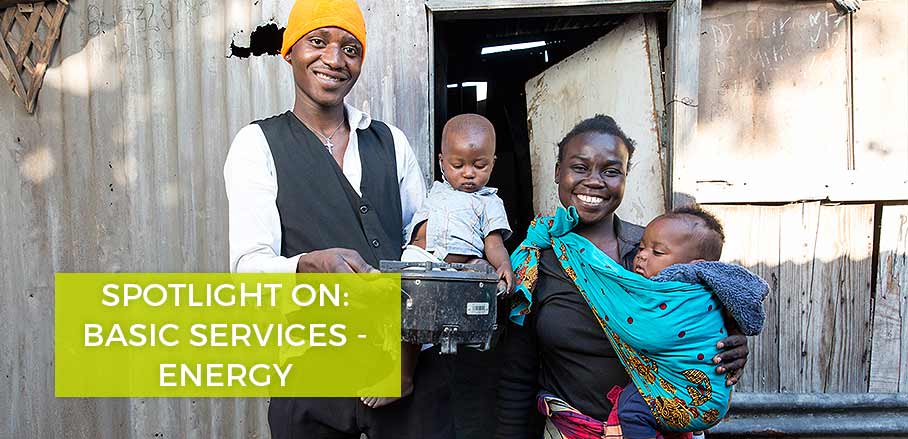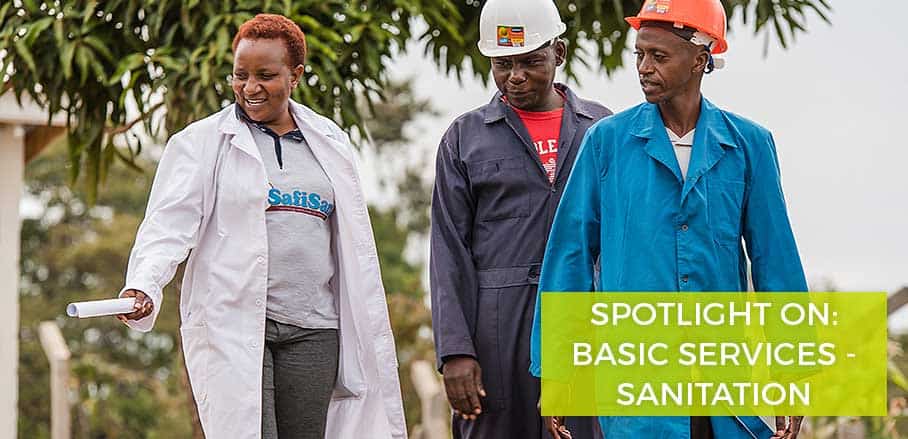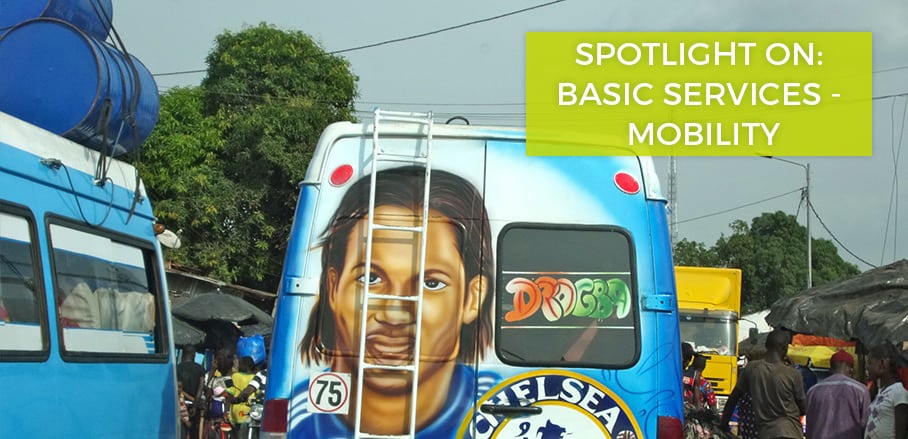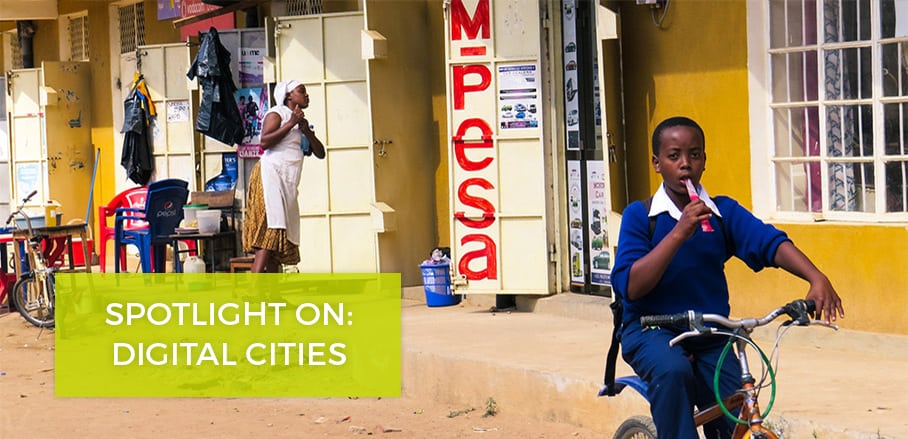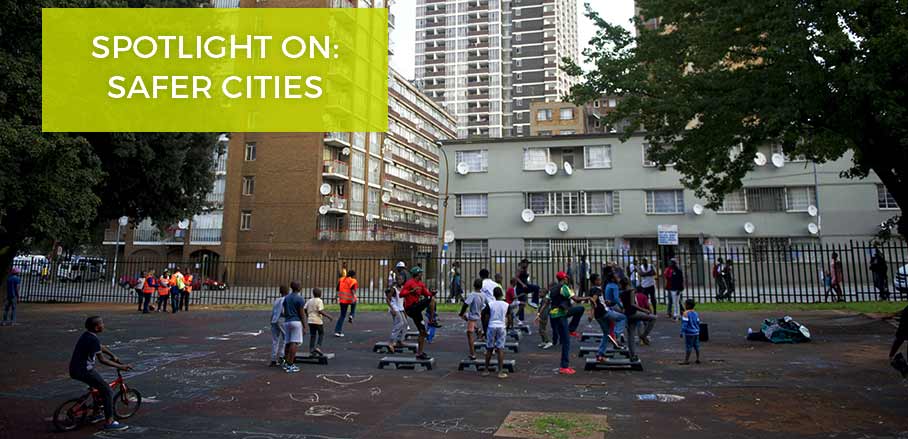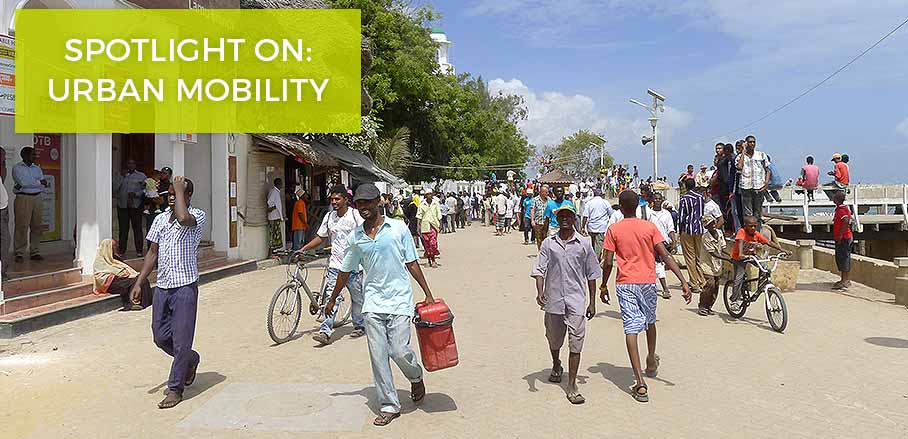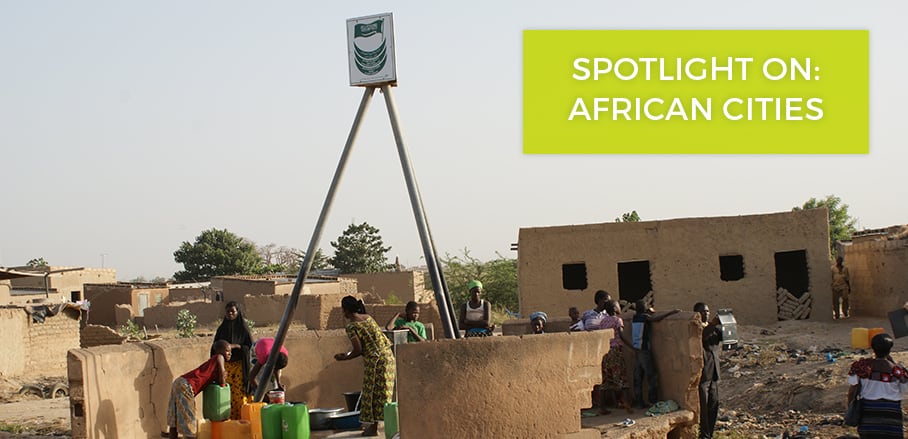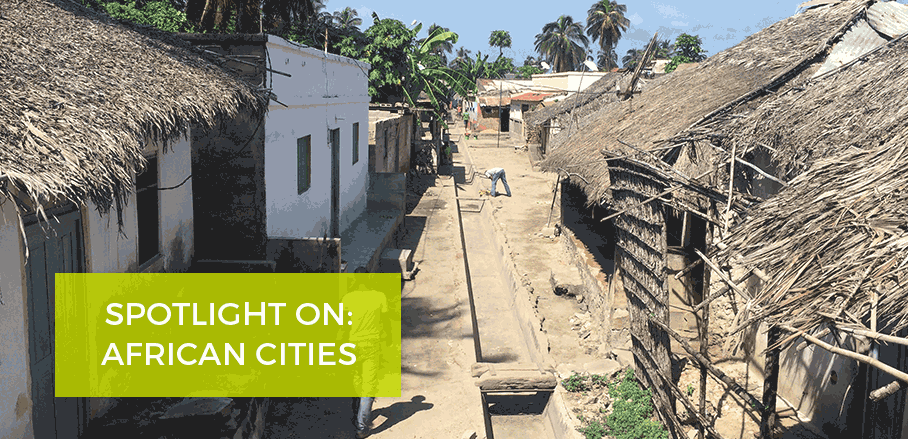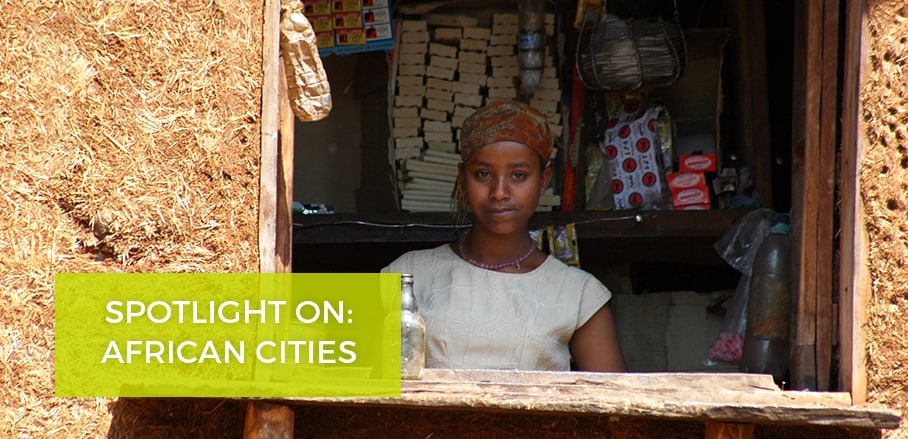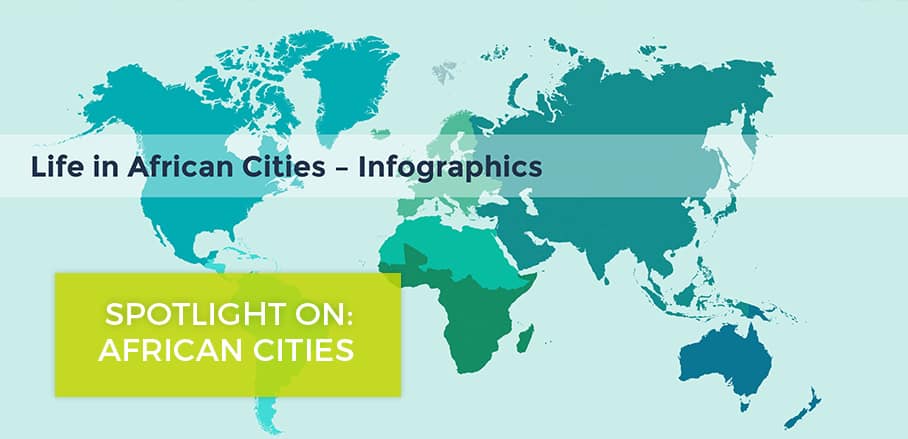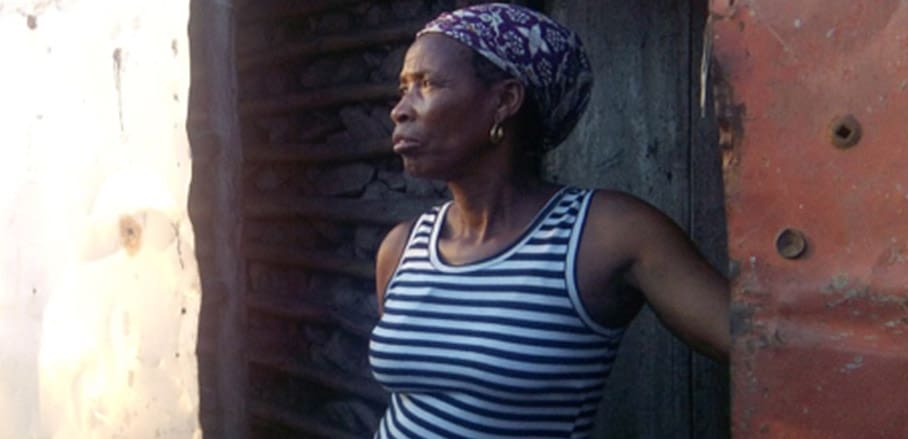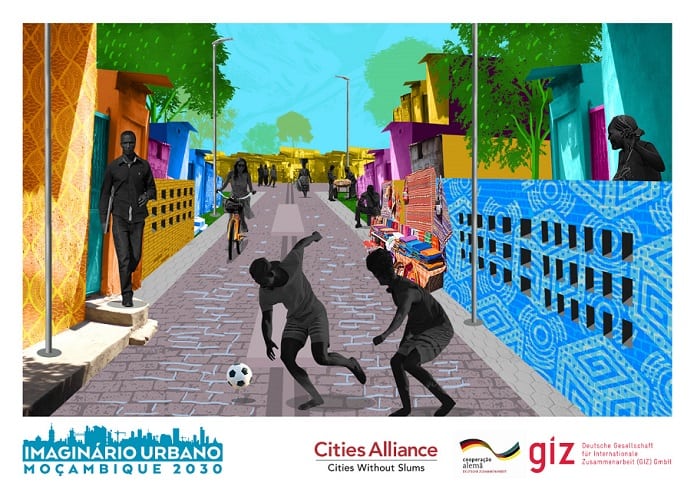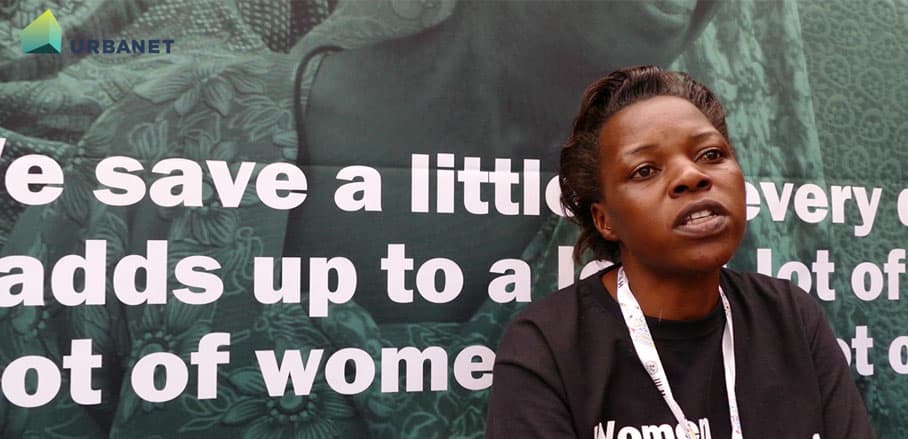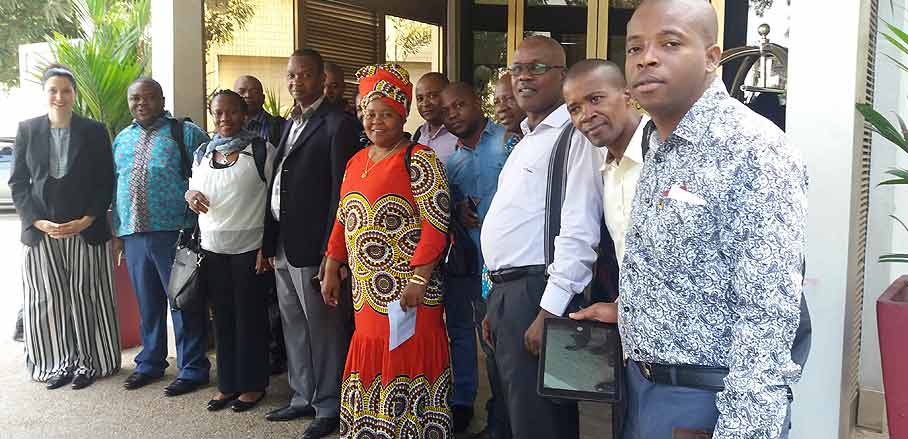Carbon Credits: cleaner and safer cooking stoves in the Maputo slums
Traditional cooking stoves consume a lot of energy and emit harmful fumes, leading to high rates of premature deaths. Improved cooking stoves are addressing this issue, making it possible for poor households to save money and reduce illnesses related to emissions. Looking at the example of Maputo, Mozambique Rosario Loayza and Alessandro Galimberti explain the benefits of such efficient kitchen appliances.
